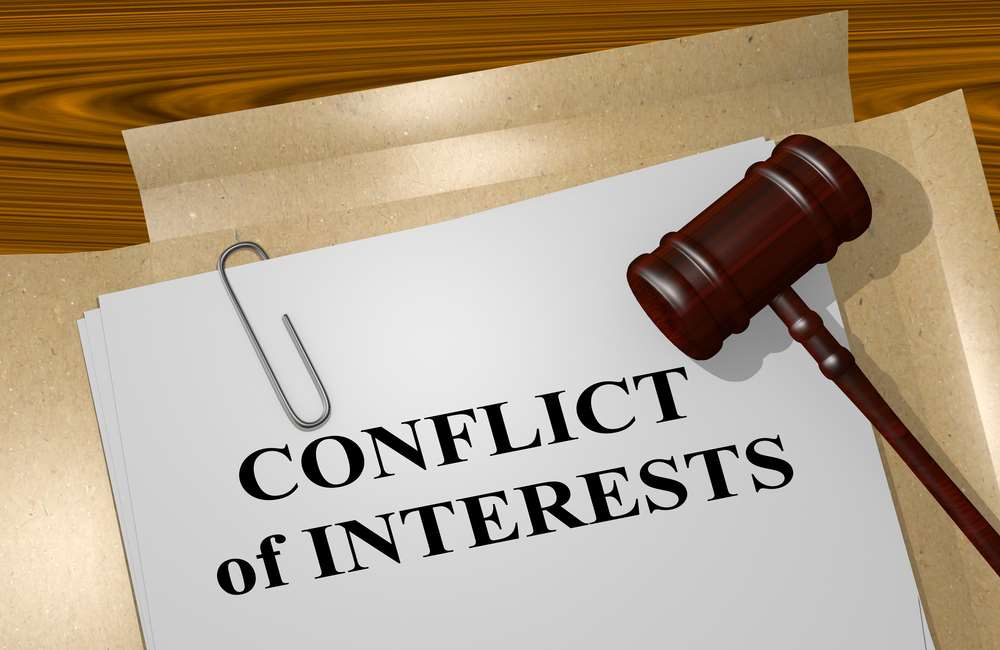What IS the Ethical Thing to Do?
It may not always be possible for a tax professional to retain impartiality. Using the divorcing couple as an example, it is possible for the tax professional to competently and impartially represent both spouses assuming they have an arm’s length relationship. Going back to the aforementioned small business client, they inform you that the company has been losing money and recovery does not look likely. The owner asks you whether he should cut his losses or stay in business. The company happens to employ your best friend since childhood, who is completely unaware the company is about to shutter. Your friend needs this job to survive, and is not hopeful of finding another job if this business closes.
In a perfect world, you only advocate for your client and inform him it’s in his best interest to divest the business before all is lost. You also have an ethical obligation to your friend to warn them they are about to lose their job, and your friend has been in your life far longer than the client. But you are also bound by §10.51 not to breach the client’s trust in you by violating the company’s privacy, even though no tax laws are being applied in this situation.
To stay Circular 230 compliant in a situation like this, the best practice is to turn the advisory engagement over to an impartial tax professional since a personal stake in the client’s financial health is very likely to impact your ability to represent them.
It is also best to decline an engagement if you suspect there is any current or foreseeable reason you will not be able to provide diligent and competent representation to that client, such as religious or political beliefs that clash with yours or similar stakes.



